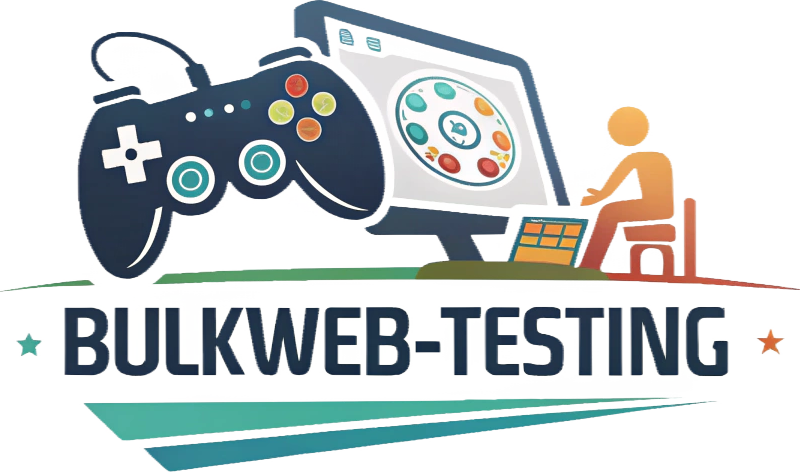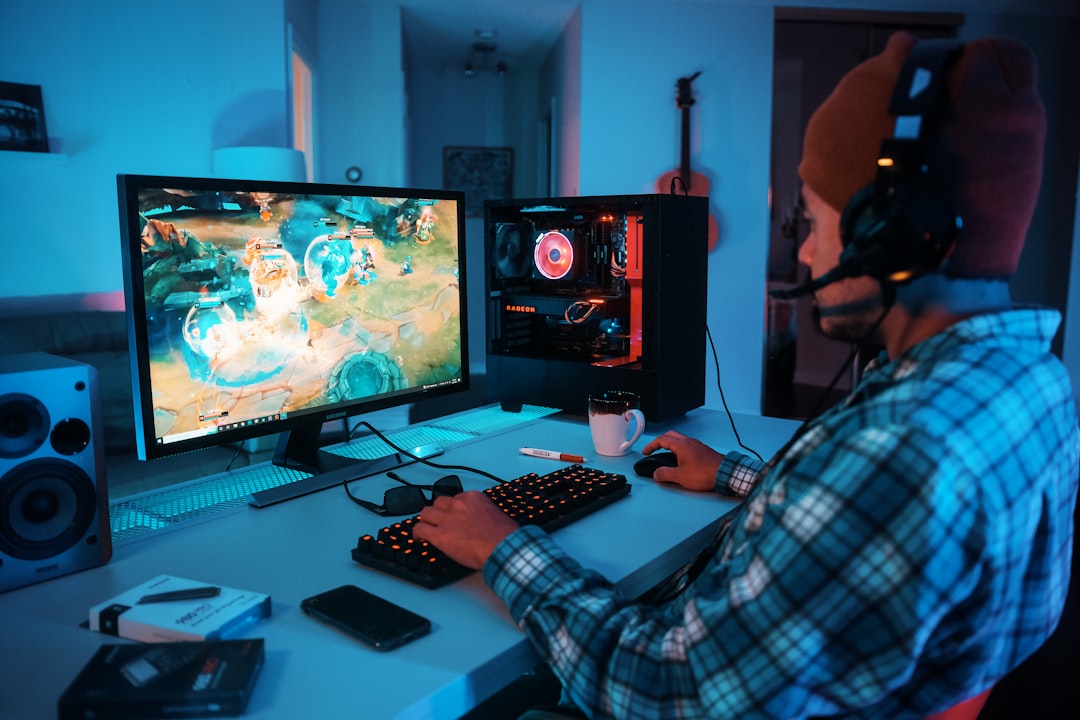Game Community Management: Navigating the Digital Playground
In the bustling world of online gaming, community management stands as the unsung hero of digital interactions. While players engage in battles, quests, and epic narratives, it is the community manager who ensures the social ecosystem thrives. But what exactly does game community management entail, and why is it so crucial?
At its core, game community management involves overseeing and nurturing the online spaces where gamers congregate. These spaces can be forums, social media platforms, Discord servers, or even in-game chat systems. A community manager’s role is to foster a positive and engaging environment, acting as both the voice of the company and an advocate for the players.
One of the unique challenges in this field is maintaining harmony in diverse communities. Gamers hail from all walks of life, bringing different cultures, languages, and expectations to the table. This diversity is a strength but can also lead to misunderstandings or conflicts. A skilled community manager navigates these complexities with tact, promoting inclusivity and respect among members.
Moreover, community managers are adept at transforming feedback into actionable insights. Players are never shy about sharing their thoughts, whether it’s a bug that needs fixing or a feature they’d love to see implemented. By listening actively and responding thoughtfully, community managers bridge the gap between developers and the gaming audience, ensuring that the community feels heard and valued.
Budget-friendly strategies in game community management can involve leveraging free platforms like Reddit or Twitter, where vast communities already exist. These platforms allow community managers to engage with players without incurring significant costs. Furthermore, hosting virtual events, like AMAs (Ask Me Anything) or community play sessions, can foster a sense of belonging and excitement without the need for substantial investment.
On the flip side, some companies may opt for a luxury approach, offering exclusive experiences or merchandise to their most dedicated fans. These initiatives not only reward loyal players but also create a sense of prestige and community pride.
Emerging trends in game community management include the use of AI-driven tools to analyze player sentiment and the growing importance of mental health awareness within gaming communities. With the rise of toxic behaviors and burnout, community managers are increasingly tasked with creating safe spaces where players can enjoy gaming without harassment or undue stress.
In essence, game community management is about building relationships and fostering a sense of belonging. It’s about turning a group of disparate players into a vibrant, cohesive community. Whether you’re a gamer or a developer, understanding the role of community management can enhance your appreciation of the intricate social dynamics at play in the digital realm.
So next time you log into your favorite game, spare a thought for the community manager working tirelessly behind the scenes. They are the glue that holds the digital playground together, ensuring that every player has a voice and a place to belong.

